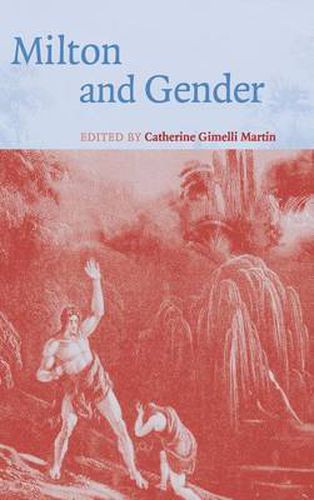Readings Newsletter
Become a Readings Member to make your shopping experience even easier.
Sign in or sign up for free!
You’re not far away from qualifying for FREE standard shipping within Australia
You’ve qualified for FREE standard shipping within Australia
The cart is loading…






Milton’s contempt for women has been accepted since Samuel Johnson’s famous Life of the poet. Subsequent critics have long debated whether Milton’s writings were anti- or pro-feminine, a problem further complicated by his advocacy of ‘divorce on demand’ for men. Milton and Gender re-evaluates these claims of Milton as anti-feminist, pointing out that he was not seen that way by contemporaries, but espoused startlingly modern ideas of marriage and the relations between the sexes. The first two sections of specially commissioned essays in this volume investigate the representations of gender and sexuality in Milton’s prose and verse. In the final section, the responses of female readers ranging from George Eliot and Virginia Woolf to lesser known artists and revolutionaries are brought to bear on Milton’s afterlife and reputation. Together, these essays provide a thoroughly new perspective on the contested issues of femininity and masculinity, marriage and divorce in Milton’s work.
$9.00 standard shipping within Australia
FREE standard shipping within Australia for orders over $100.00
Express & International shipping calculated at checkout
Milton’s contempt for women has been accepted since Samuel Johnson’s famous Life of the poet. Subsequent critics have long debated whether Milton’s writings were anti- or pro-feminine, a problem further complicated by his advocacy of ‘divorce on demand’ for men. Milton and Gender re-evaluates these claims of Milton as anti-feminist, pointing out that he was not seen that way by contemporaries, but espoused startlingly modern ideas of marriage and the relations between the sexes. The first two sections of specially commissioned essays in this volume investigate the representations of gender and sexuality in Milton’s prose and verse. In the final section, the responses of female readers ranging from George Eliot and Virginia Woolf to lesser known artists and revolutionaries are brought to bear on Milton’s afterlife and reputation. Together, these essays provide a thoroughly new perspective on the contested issues of femininity and masculinity, marriage and divorce in Milton’s work.